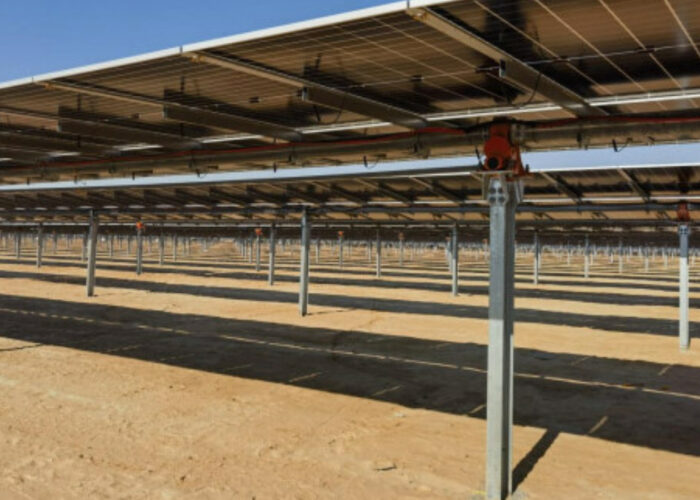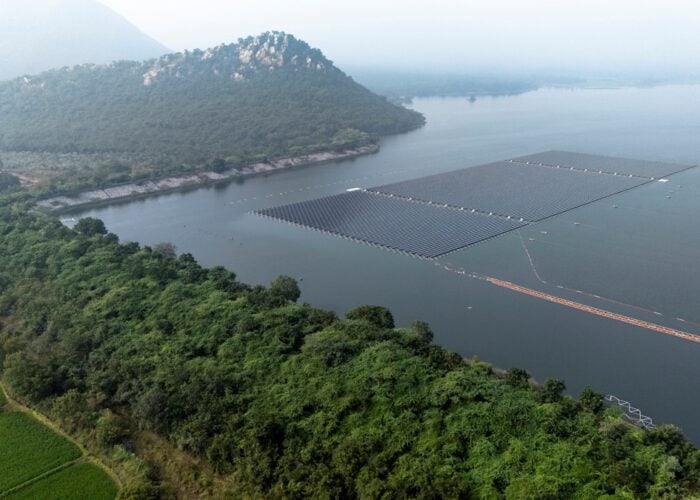In a paper presented at the IEEE PVSC (Photovoltaic Specialists Conference) being held this week, an NREL-supervised test showed that US-based start-up, Alta Devices modules lost little efficiency at elevated temperatures, unlike conventional modules.
According to Sarah Kurtz, PhD, Principal Scientist, Reliability Group Manager of NREL: “To truly understand how much energy a particular solar technology will generate, it’s critical to know how it performs in real-world conditions. Alta’s ability to retain its efficiency advantage at high temperature is an important benefit. For years, the industry has desired a very efficient solar cell that could be built into the roof of a car or building without paying the performance penalty associated with a hot roof. Alta’s technology provides a fresh approach to these attractive applications by naturally rejecting heat and being less sensitive to high temperatures.”
Try Premium for just $1
- Full premium access for the first month at only $1
- Converts to an annual rate after 30 days unless cancelled
- Cancel anytime during the trial period
Premium Benefits
- Expert industry analysis and interviews
- Digital access to PV Tech Power journal
- Exclusive event discounts
Or get the full Premium subscription right away
Or continue reading this article for free
The tests were conducted at NREL’s outdoor testing facility in Golden, Colorado, measuring energy and operating temperatures over a nine-week period.
The result was that the Alta Devices module operated cooler than conventional modules (up to 10° Celsius cooler when the sun was brightest) and the module was about five times less sensitive to increased temperature. The Alta module actually showed higher efficiencies on hot days over cold days.
In a simulation model using measured temperature coefficients (neglecting spectral effects), compared to a silicon module with the same power rating, the Alta module was predicted to generate 8% ±2% more energy per year in Phoenix, Arizona.
Alta Devices president and CEO, Chris Norris said: “Our technology delivers tangible economic benefits to automobile manufacturers by helping them meet the latest CAFE standards while providing real-world benefits to the end users.”






